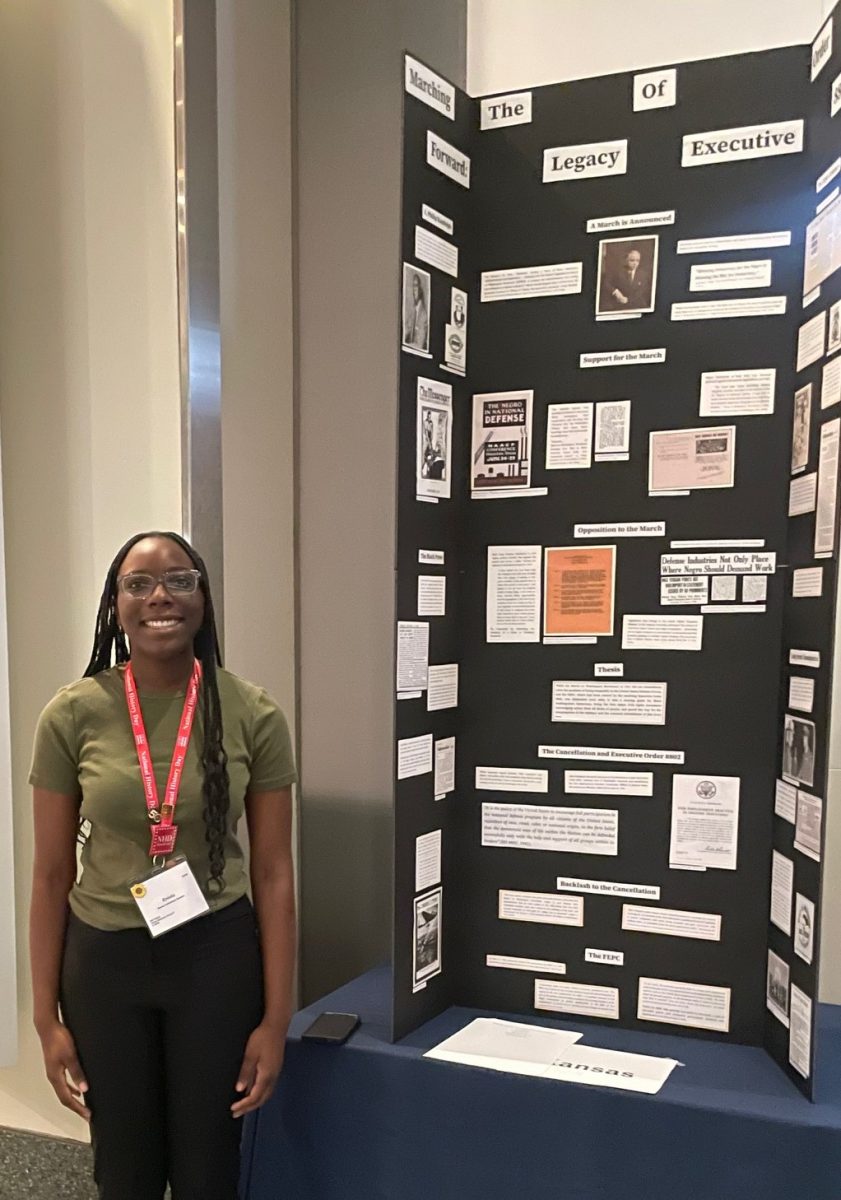By trudging back to school after an all too short break through blistering cold temperatures and the darkness of the winter morning, it is easy for students to ask the question: why am I here? School, though commonly thought of as necessary, often carries a negative connotation for students who would likely prefer a snow day. When young minds fall into a routine of loathing learning, it is important to remember the meaning and purpose of education.
In order to understand the purpose of education, it is necessary to define it. Sophomore Katherine Eudaly defines education as “teaching people skills that they will need in their life.” She thinks education is “important so that people can get a job to make a living,” which would otherwise be a “harder and … slower process.”
Similar to Eudaly, Eighth grader Gennie Williams says, “without education, you would lack both mental and social skills that are required to have a happy and healthy future.”
In addition, Senior Vivian Hill says, “I think education is teaching younger people the basics. You have to figure out the fundamentals before you broaden it and make it into your own thing. The fundamentals will help people … grow and figure out the way that they want to continue to learn.” To Hill, this flexibility plays into the importance of education: “Well, it gets you a job for one, but also, I feel like all of the things that we’re taught in school, even if we don’t think that they’re … going to be important, they are. [Even] if they are just going to be important in college or eventually in your real job.”
From an administrative standpoint, Dean of Students William Whipple says, “I think education itself is a way to provide the information necessary to be an engaged citizen and to participate in democracy. I think that our education system, while broken in lots of ways, provides an opportunity for people to learn and to engage in critical discussions and decision making and be informed enough to help participate in a thriving civilization.”
Despite being recognized as important, education can vary in quality. For Eudaly, a good education is one “done in a safe place and taught by people who are good at teaching” whereas one lacking quality might be taught by “someone who doesn’t know how to teach, or if a student doesn’t get individual help.” However, Eudaly thinks the quality of learning depends on more than just teaching: “It’s the teacher’s job and the student’s job to [uphold] a proper education. The student has to pull their weight, too,” she says. For these reasons, Eudaly considers her education a good one: “We have good teachers that are hired specifically because they know what they’re doing. It’s a good, healthy and safe environment to learn in, definitely.”
Hill thinks a telltale sign of a good education is “when you have students that are able to expand themselves without being taught how to … [It is] learning the history and the math and whatever, but also learning how to use that in real life.” On the other hand, she thinks a bad education is “from a teacher role, not expecting effort, and then from a student role, not being able to give effort into the education.”
Whipple believes that “education is good when people leave wanting to learn more and wanting to participate in hard discussions,” whereas it is bad “when it leaves people discouraged, feeling lesser and not providing the information necessary to be like a working member of society.” Ultimately, Whipple’s goal as an educator is long-term: “Learning is a lifelong endeavor, ideally, and hopefully, that’s what we hope to inspire in kids,” he says. Despite encouraging a positive attitude towards learning, Whipple also understands the work that goes into being motivated: “I think it’s really easy to not see the fruits of our labor while we’re in the middle of it,” he says.
From the occasional snow day to dragged feet in January, temporary waves of discouragement regarding school are bound to wash over, but ultimately, education is a lifelong privilege that we must remember to recognize and maximize.

